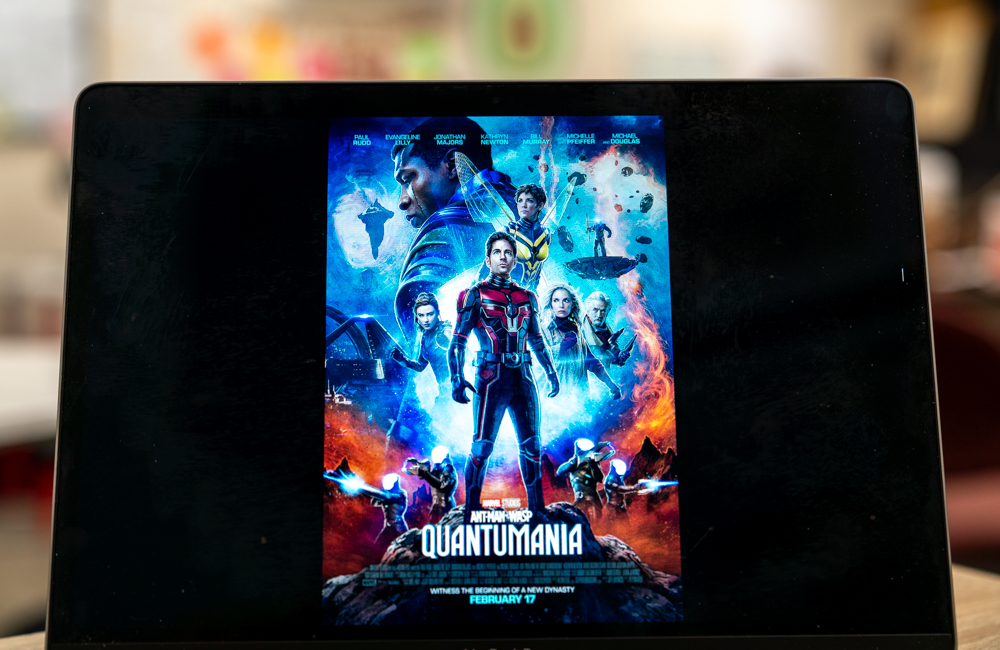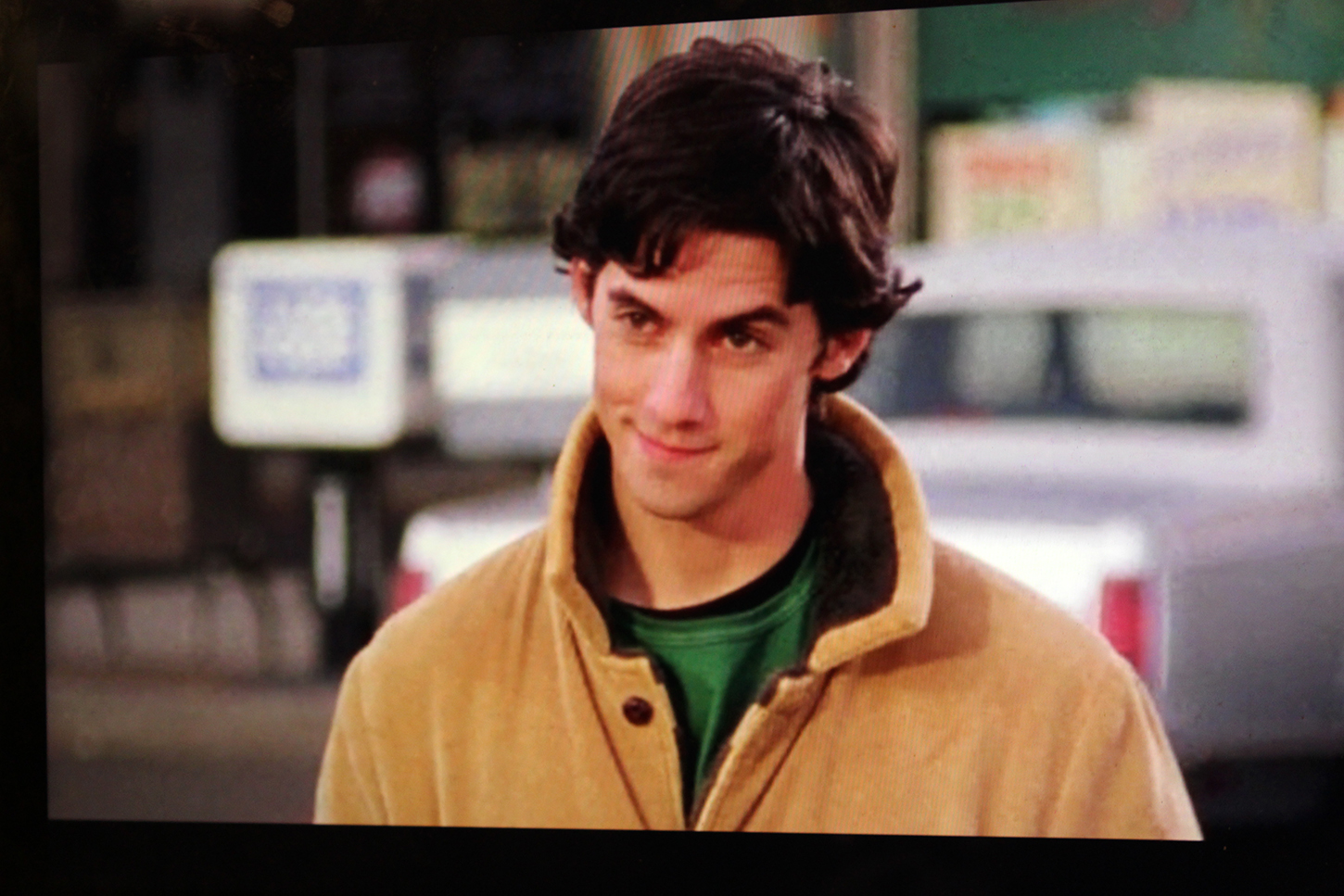Recent concerns over the popular alcoholic energy drink Four Loko have prompted at least one Boston liquor store to stop selling the beverage that is often referred to as “liquid crack” and “cocaine in a can.”
Four Loko was linked to a recent incident involving nine Central Washington University students, some of whom were hospitalized on Oct. 9 for alcohol poisoning, according to a statement by the Washington Attorney General’s office.
Emmett McDermott, department manager of Liquor Land in Dorchester, said the store will no longer be selling Four Loko.
“After the [CWU incident] news article, we’re discontinuing it,” he said. “It was selling really well, especially on weekends, but with this kind of product you’re just not sure what you should be doing with it.”
Other local liquor stores, such as Brookline Liquor, plan on keeping it.
Brookline Liquor shift manager Adam Dixon said the franchise’s sale of the product is “fairly good.”
“We sell quite a few cases, mainly to college students. . . certainly not anyone older than 30,” he said. “I generally think any mixture of caffeine and alcohol can be a little more dangerous, but all alcohol can be dangerous depending on how it’s consumed. Drinking coffee and liquor is a time-honored tradition.”
Likewise, a representative of Simmons Liquor Store on Cambridge Street who did not wish to be named said Four Loko stock “does fly, it goes through really quickly.”
Four Loko is one of three beverages sold by Chicago-based Phusion Projects, LLC., an alcoholic beverage company started by three college friends in 2005, according to the company’s website.
A 23.5-ounce of Four Loko consists of a mix of caffeine, taurine, guarana and alcohol &- hence the name “Four’&- and is 12 percent alcohol, or the equivalent of four beers, the website states.
On Tuesday, Phusion Projects said in a statement that its product did not deserve all of the blame for the fate of the CWU students, arguing that the “police report, toxicology reports and witness testimony all show that other substances, including beer, hard liquors such as vodka and rum, and possibly illicit substances, were consumed as well.”
However, the company said it did not oppose university administrators’ decision to remove the drink from their campuses and pledged to ensure that its product was not sold to underage drinkers or consumed irresponsibly.
“Making college campuses safe and healthy environments for learning is a goal we share with administrators &- even those who have chosen to ban our products,” the statement read.
The company also said singling out a single alcoholic beverage would not cure binge drinking on college campuses.
Many BU students were full of cautionary tales regarding the beverage and generally agreed that it should be taken off the shelf.
“[Four Loko] is really bad…both caffeine and alcohol speed up your heart rate,” said College of Arts and Sciences senior Jennifer Ferreira. “My best friend’s best friend from home died from mixing vodka with red bull.”
“I think it should be illegal,” said College of Communication sophomore Marc Bachmann. “It’s way more dangerous than beer… it’s a mixture of caffeine and alcohol… I personally know people who’ve gotten sick from it, woken up with jitters. I mean, it’s called “cocaine in a can.'”
School of Management senior Rich Haigh said Four Loko’s quick means to inebriation and cheap price were especially attractive to college students.
“It’s cheap and it hits you fast,” he said. “I know a lot of people who’ve tried it and who’ve blacked out very, very fast. I was talking to guys at the liquor store and they were telling me they went through five cases in one day, then got 30 more and went through those in two days. It’s just terrible for you.”
In an earlier version of this article, Simmons Liquor Store was incorrectly said to be located in Cambridge. It is in fact located in Boston, on Cambridge Street.























































































































